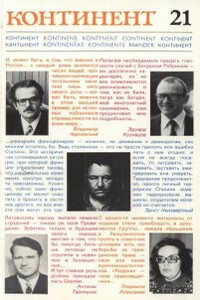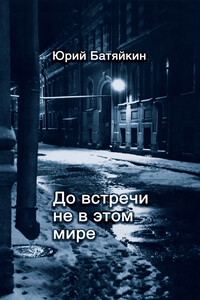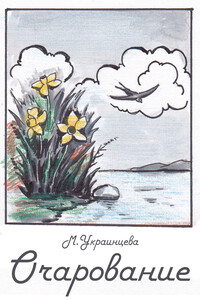Almost as quickly as they had begun, Vera’s literary opportunities and aspirations apparently ended. The Russian literary community abandoned Berlin in the fall of 1923. The economic crisis of that year heralded for most a return to conditions similar to those Russia after the Revolution and during the Civil War. The publishing industry, one of the major drawing cards for the literary elite, collapsed and most of the writers, many friends of Vera, scattered to Prague or Paris, while others returned to Soviet Russia. While they were free to Vera, still a young girl, remained behind with her family in Berlin The glamor, excitement and the glory of her former Petersburg and Berlin days were replaced with more earthly concerns.
Vera offered private lessons in Russian and French, but by 1924 her writing came to a halt. “I don’t write poetry, the poems write themselves.” For ten years the inspiration and the urge to write poetry were simply not there. There were a number of occasions, however, which proved that the poetic gift had not disappeared, but had simply been dormant. Two poems appeared in the collection Nevod by a group of Russian poets in Berlin in 1933. Between 1935 and 1941 Vera wrote a handful of poems to her new love, A.V. Poznjakov. Once again tragedy struck, and fate separated Vera from her love and source of her inspiration. Poznjakov was arrested and sent to Dachau where he would became one more victim of Hitler’s Germany.
Vera’s mother was also arrested and incarcerated in a camp during the war, but lived to return to her daughter. Vera, herself, was in the hands of the Gestapo for two months in 1938. Her arrest, detention and miraculous release on Christmas eve were all recounted in her article “My Acquaintance with the Gestapo” printed in the Russian language emigre paper Russkaja Mysl' (La Pensee Russe). In 1956 and 1957 Vera published several articles and poems in the newspaper. She also wrote three new poems devoted to Berlin, but when her mother died Vera set her pen aside again.
In 1983 the words began to flow again. As always, love was the stimulus and the poetic gjft re-appeared. Vera wrote a few poems in Russian but switched to German to celebrate her new friend in a collection entitled Tagebnuch einer Seele.
The literary legacy of Vera Lourie is contained in five notebooks, where the handwriting traces the path of her life. By her own admission an “inexperienced poet” she filled her pages with the fears of the unknown, her loves and sorrows, her memories, her daily thoughts. In many ways the notebooks are more a diary than a collection of poetry, and the presentation of the poems is chronological rather than thematic. They are simple poems mostly the work of a young girl in her twenties. They are much to her teacher, Gumilev, and with few exceptions they emulate his clarity of diction and thought his rhyme schemes, meters and rhythm. The vast majority of the Russian poems were written between 1921 and 1924 when Vera was first a member of the Sounding Sea-Shell in Petrograd and then involved with the circles of Belyj and Xodasevic, Baxrах, and Osorgin in Berlin. Since 1924 she has been largely cut off from the world of Russian poetry, both in the Soviet Union and in exile. Thus her more recent Russian poems are something of a time machine returning us to the simpler days of Acmeism. The poems are not “about the symbolic, nor the cosmic,” but about one life of a young girl, separated from her homeland, confused, fearful, lonely. Someone longing for love and finding poetry as her only faithful companion. Vera, when she has returned to poetry intermittenly over the past sixty years, has done so at times of great emotion and stress, sharing in her poems and with her poetry her intimate thoughts on love lost or unrequited. It is the sad, melancholic female voice, that those who love Russian music know so well.
Vera’s first notebook dates to Petrograd in 1920–1921. In these early poems two themes emerge: death and love. The poet on sleepless nights is frightened by the unknown, by the future with its inevitability of death. The execution of Gumilev had a profound effect on the poet who tried to reject the finality promised by death.



